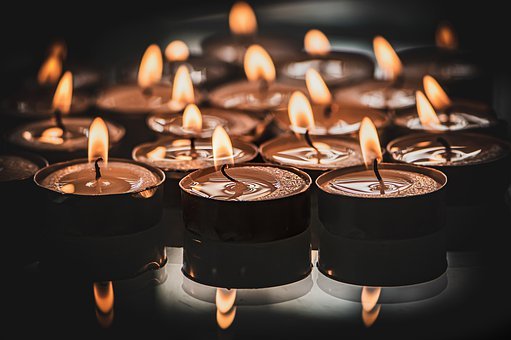Everything brings these two friends together: the sense of sharing, intellectual probity… There is however, between them, what Nietzsche called a “smallest abyss possible”. A nothing that changes everything. A meeting: one made it, the other not. One is a believer, the other would like to. As for me, I like to listen to them talk. For one, God is the true writer of our life.
When we think we are doing something by ourselves, God slips into it what he needs so that his work makes him happy. For the other, on the contrary, nothing great, nothing secret: it is the external circumstances (chance of birth, social position, genetic or financial heritage, etc.) that give our life its trajectory.
Naming determinations
Personally, I believe that both are right… and wrong. Because, if, as one believes, God was the only author of our existence, would he have really created us? I mean: we would exist, not as people in their own right, with whom God makes a covenant, whom he trusts, but as characters whom he manipulates as he pleases.
But if, as the other thinks, it is necessary to substitute for this divine determinism the material one that the sciences bring to light (genetic, psychological, sociological determinations, etc.), would we even have the capacity to name these determinations? Who is saddened, for example, by the influence on his behavior of his belonging to the bourgeoisie proves by this that he is more than a simple cog in his social class.
To become aware of a determinism is to begin, already, to free oneself from it. Only a thing, without life, without flesh and without interiority, is entirely moved by external forces. This is how I personally see things.
Yes, we are largely the sum of what “life” (circumstances and the chance that intertwines them) has made of us. But, far from refuting God, this determinism is on the contrary the proof that we were really created. We belong to Creation, that is to say to the distance that separates God from himself and where the hazards of existence creep in.
Life as it escapes me, as it imposes itself on me (this nose one inherits from one’s father, this cultural capital…), is paradoxically what sets me apart, what gives me to exist as who I am.
A power of blessing
To have faith, therefore, is not to believe that God, at every moment, writes in our place everything that happens to us. It is to believe that this mesh of chance and necessity that we all are, “this rather evolved primate, and beer drinker” (to speak like CS Lewis), interests God. God certainly did not create us divine, a pure reflection of himself, but indeed earthly, material, human, random and contingent.
But he is ready to make this contingency a necessity: I could have not been, or be other than I am (contingency), but it is good that I am, says God, and that I am thus, with the my father’s nose (necessity). God’s plan is located, not upstream, but downstream of our lives: God is this force of blessing which gives new consistency to our lives every day.
The friend who does not have faith is right to recall that we only ever do what we can, given the scattered starting data, to which we try to give coherence. But the secret of this coherence belongs to someone other than us. To pray is to expose this escaped, cobbled-together, risky life to God, and to hear him utter the first word about it: “It’s all very good. »
Martin Steffens: “To become aware of a determinism is to begin, already, to free oneself from it”

